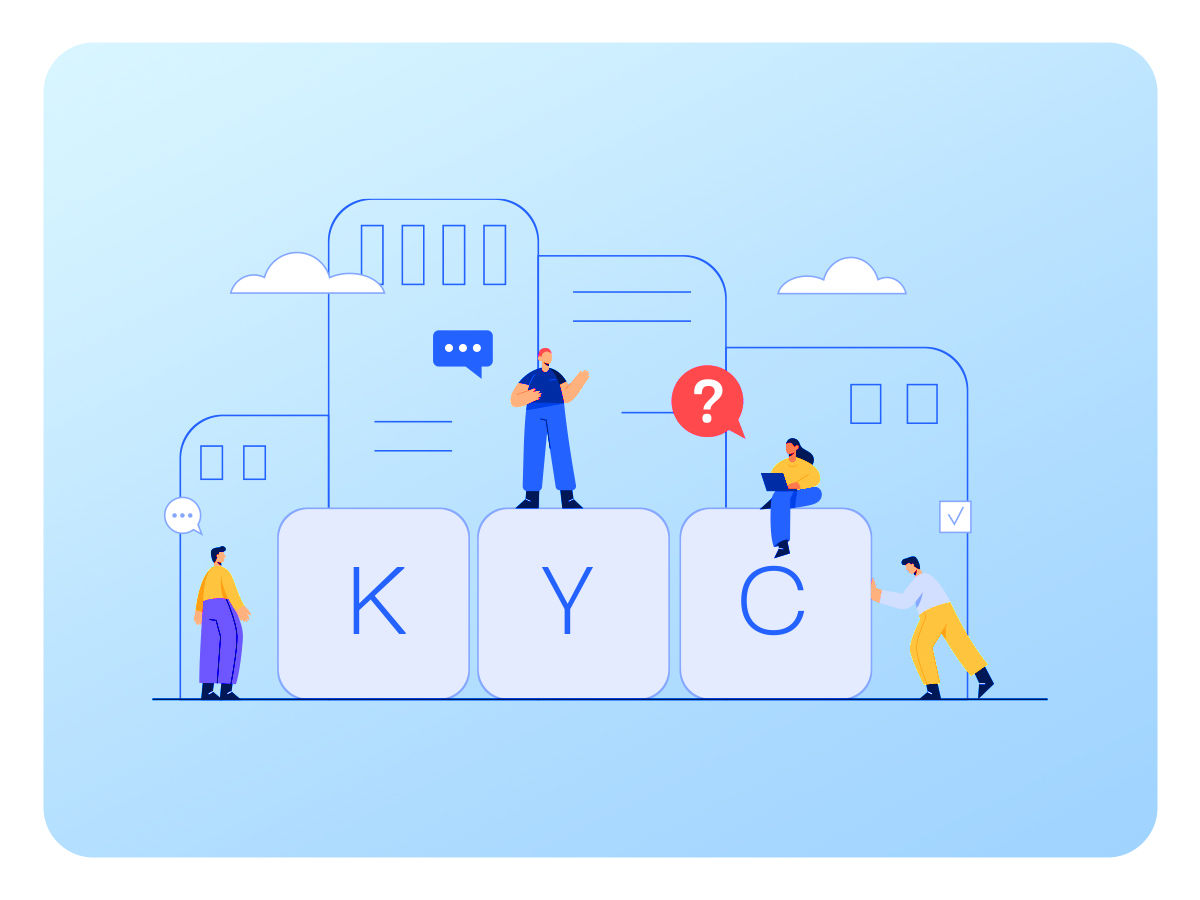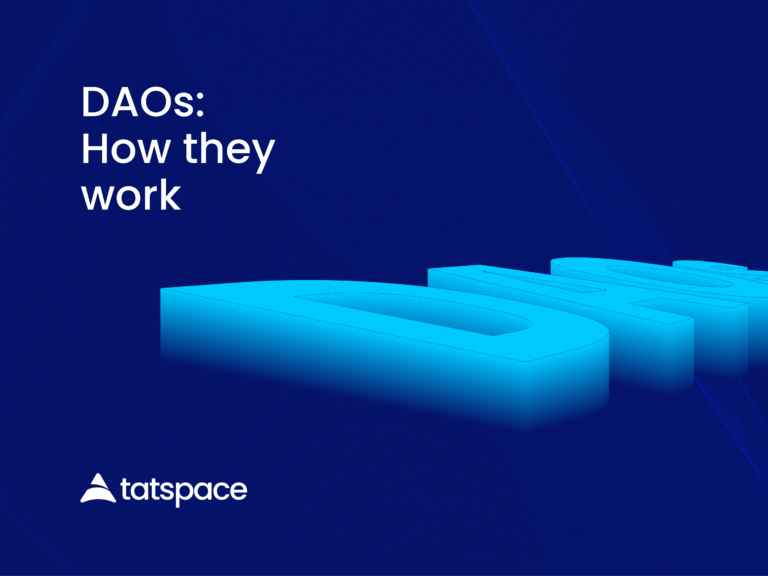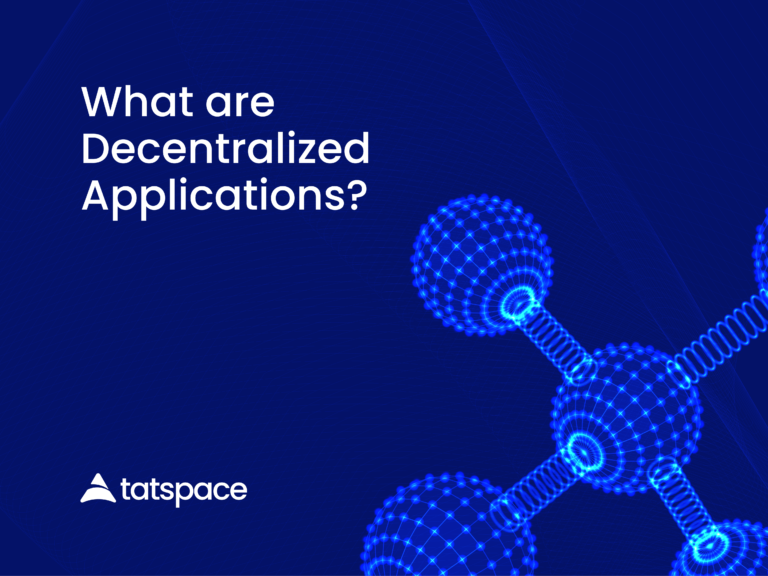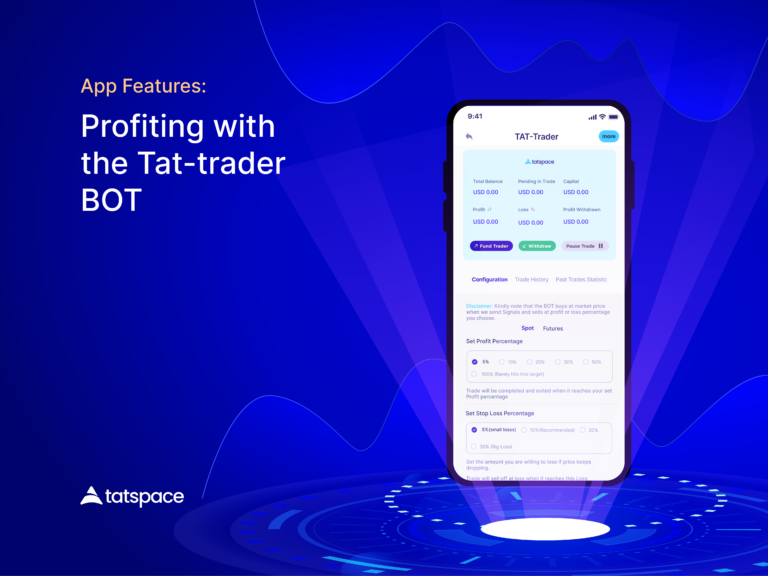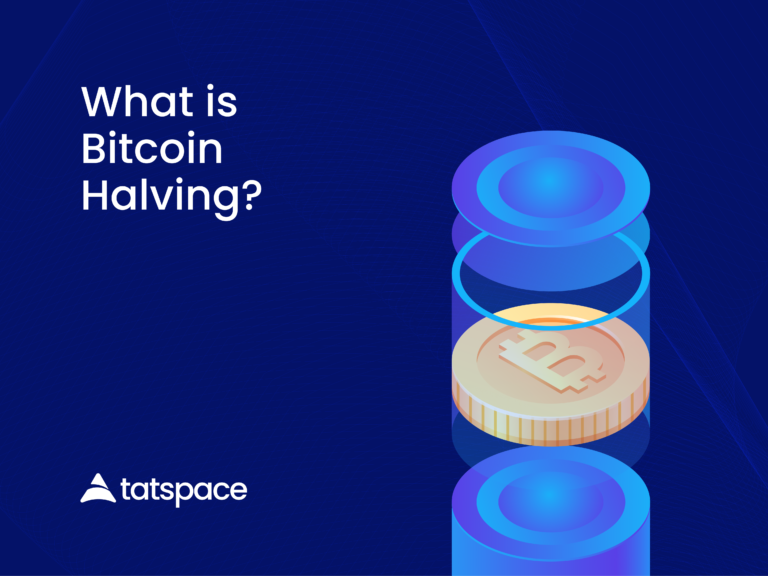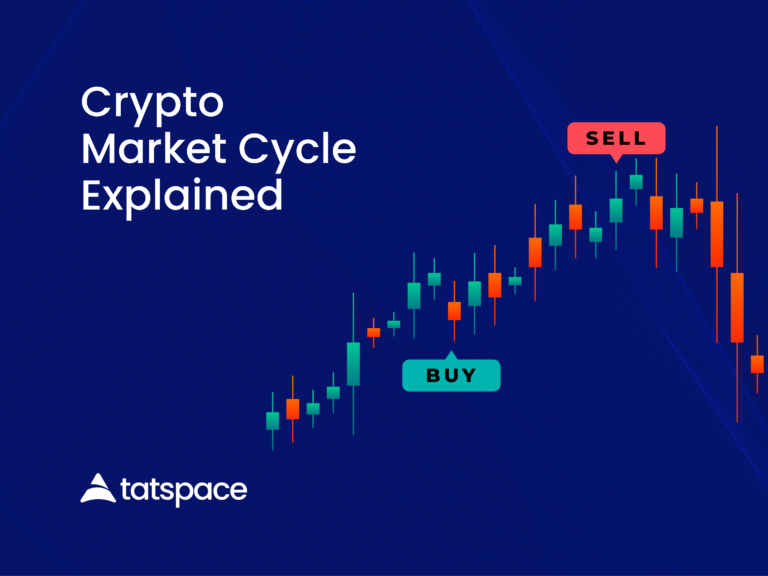It’s a big world (well, even with digitization making it into a small digital community). Nonetheless, how do you know a person is really who they say they are? Yes, it’s tricky, especially for businesses. Hence, the KYC (Know Your Customer) compliance regulation.
KYC is a regulation that mandates financial institutions’ and service providers’ compliance. This guideline is to combat funding and money laundering from illegal and fraudulent activities. It is an important part of the anti-money laundering regulation. For this reason of financial safety, it is an important security system for cryptocurrency.
As a result, financial service companies like ABiT Network comply with KYC and keep improving verification systems to ensure your safety and that of your crypto assets.
What is KYC?
KYC guideline is a regulation that requires financial service providers and organizations to verify the identity and eligibility of their customers.
Businesses do this in an effort to guarantee customer due diligence and fight financial crime as part of their AML/CFT (Anti Money Laundering/Combatting the Financing of Terrorism) guideline compliance.
While this regulation helps improve confidence in the industry, it also aids businesses in their risk management. Complying with KYC fights illicit financial activities by collecting and verifying customer information.
In other words, it helps businesses oppose fraud, illegal fund transfers, terrorism funding, and money laundering.
A KYC exercise is most likely something you had to undergo if you were a user of a trading platform like ABiTrader or a cryptocurrency exchange. The check and how it’s done differ by service provider.
On some platforms, you’re required to take a KYC check during onboarding, and can only have an account after a successful KYC verification. Some other providers, allow you to create an account without KYC but you can only make a financial transaction after a successful check.
While this exercise helps service providers confirm customer identity, it also helps them verify their locations and addresses. For this reason (and some others), financial institutions and service providers might need you to re-confirm your KYC regularly at different intervals.
You will be required to present some government-issued documents during a Know your customer exercise like;
- National ID (Government ID)
- Passport
- Driving License
Who regulates KYC compliance?
In terms of regulatory conditions, the Financial Action Task Force (FATF) coordinates multinational cooperation at the global level. While there is international cooperation with regards to basic KYC information, local regulations may differ by country.
On a more regional basis, most of the AML and KYC procedures that are currently exercised in the US were initiated by the 2001 Patriot Act and the Bank Secrecy Act.
For countries in the EU, the Anti-Money Laundering Directive (AMLD) and the Payment Service Directive 2 (PSD2) regulations provide the primary guidelines. However, these regional frameworks tend to intersect in certain areas.
Why do we need KYC in crypto?
Like every good thing with great potential, there are always malicious players and ill intentions.
The anonymous nature of cryptocurrency makes it attractive to players looking to launder illicit funds and evade taxes. It is important to enhance the regulation of cryptocurrencies so they will have better credibility and reduce illegal tax activities.
Know your customer checks are crucial in the cryptocurrency space because of these three factors:
- The anonymity of the industry. You do not require your personal details to own a crypto wallet due to this.
- You can’t get assistance from a certain support team for a wrong transaction because of the irreversible nature of blockchain transactions.
- Many countries are still unclear about how to regulate taxes and the legality of cryptocurrencies.
It might not be obvious to an average user, the importance of KYC verifications as it increases account setup time, but it does have its advantages. KYC checks are essential to protecting your funds from fraud and thwarting criminal activity.
What is the relevance of KYC?
Know your customer has its benefits, but not all are obvious. Even so, it goes much deeper than just fighting fraud as it can greatly enhance the financial system in the long run:
- It mitigates forgery, identity theft, and other financial criminal activities.
- As a preventative approach, it lowers the possibility of money laundering.
- It enhances risk management in lending. By providing customer identification and transparent financial records, it helps lenders assess their risks.
- It fosters investments and overall trust in the financial industry by improving the safety and transparency of financial service companies.
Critics and KYC effects on decentralization
KYC has taken commonplace in crypto exchanges. However, some believe it violates the decentralization and anonymity facets of cryptocurrency.
These critics assert that know your customer checks take away freedom, privacy, and introduce intermediaries, and their concern revolves around;
- The difficulty individuals have to face while accessing financial services, because they do not possess documents required for KYC verifications.
- Extra costs accrued as a result of these checks, which oftentimes, the customer has to pay.
- The occurrence of data theft, if responsible financial service companies get hacked.
In spite of this, governments and regulatory bodies still require exchanges to conduct KYC verifications on their customers. Although obligatory KYC is difficult to impose on crypto wallets, it is more applicable for service companies that exchange fiat for crypto.
Wrapping it up
Yes, KYC verifications can be quite a lot to handle; with the delays and the guidelines, yet it offers a level of security for your assets. While it remains an important instrument in the fight against money laundering activities, KYC compliance has become an essential requirement for cryptocurrency exchanges and other financial service companies.
You can check out ABiTrader KYC requirements when you download the ABiTrader app.

